

Beschrijving
Acaciahoning, 900 g, Apicola Costache
Honing is de zoete vloeistof, verzameld uit bloemen, bereid en opgeslagen door bijen in honingraten.
Met een vloeibare of stroperige consistentie kan honing een sterker aroma en een kleur tussen lichtgeel en rood hebben, afhankelijk van de planten en bloemen waaruit het wordt verkregen.
Samenstelling honing:
De samenstelling van honing is: water, glucose, stuifmeel, vitamines (de belangrijkste zijn die uit het B-complex en, in iets kleinere hoeveelheden, vitamine C, A, D en K), mineralen (de bekendste zijn kalium, calcium, magnesium, fosfor, waaraan extreem kleine hoeveelheden selenium, chroom en jodium zijn toegevoegd) enzymen van bijen, verschillende organische zuren.
Rijk aan suikers (fructose, glucose, maltose, sucrose), vitamines en mineralen, wordt honing tegenwoordig in de moderne geneeskunde gebruikt vanwege zijn therapeutische waarde en regeneratieve effecten op het menselijk lichaam.
Therapeutische eigenschappen
- de snelste en krachtigste natuurlijke energizer. De stoffen die het bevat zijn uiterst gemakkelijk op te nemen door het lichaam, dat via honing niet alleen de calorieën ontvangt die het nodig heeft, maar ook de mineralen, vitamines en enzymen.
- natuurlijk anti-infectieus. Honing is een krachtig natuurlijk infectiewerend middel dat inwerkt op de belangrijkste systemen en apparaten in het lichaam, van het spijsverteringskanaal en de luchtwegen tot de huid en de slijmvliezen.
- sterke spijsverteringsstimulans. Dit bijenkorfproduct is ook een krachtige stimulant van de spijsvertering en het metabolisme, bevordert de darmtransit en helpt gifstoffen snel uit het lichaam te verwijderen.
- handhaaft het endocriene evenwicht.
Dankzij het complex van vitamines, mineralen en enzymen helpt honing het endocriene evenwicht te behouden en reguleert het de activiteit van de belangrijkste klieren in het lichaam die hormonen produceren.
Hoeveel honing moeten we consumeren?
Kinderen jonger dan één jaar krijgen helemaal geen honing, omdat ze extreem gevoelig zijn voor bepaalde micro-organismen die zich in honing kunnen ontwikkelen – dat klopt, in uiterst zeldzame gevallen – en die ernstige ziekten veroorzaken (waarvoor volwassenen immuun zijn).
Kinderen tussen 1 en 3 jaar oud krijgen 2-4 theelepels honing per dag.
Kinderen tussen 3 en 6 jaar oud krijgen 4-6 theelepels honing per dag.
Kinderen ouder dan 6 jaar kunnen tot 8 theelepels bijenhoning consumeren, tieners tot 15 theelepels honing (equivalent aan 70 gram) en volwassenen - 20 theelepels per dag (equivalent aan 100 g).
Naast de algemene effecten van honing zijn er, afhankelijk van de herkomst, ook bijzondere eigenschappen:
- Acaciahoning - acaciahoning bevat weinig glucose, maar is rijk aan fructose en heeft genezende eigenschappen.
- Het wordt aanbevolen als mentaal of maagkalmerend middel, maar ook als stimulans voor de hartactiviteit.
Kristallisatie van honing
- Het proces van versuikering of kristallisatie van honing is een natuurlijk proces en veroorzaakt geen schade aan de honing, integendeel, het is een bewijs van de authenticiteit van het product.
- Honing bevat van nature water, glucose, vitamines en mineralen die door bijen worden geproduceerd.
- Door de natuurlijke eigenschappen die ze hebben kristalliseren alle honingsoorten in ons land relatief snel; de uitzondering is acaciahoning, die een langzaam kristallisatieproces kent.
- Gekristalliseerde honing heeft dezelfde gunstige eigenschappen voor het menselijk lichaam als vloeibare honing.
- Voor dekristallisatie kunnen we verwarmen tot maximaal 40 graden.
Presentatie:
500g.
Eigenschappen
| Productcode | 49366 |
| Categorie | Bijenproducten, Gezond eten |
| Merk | Apicola Costache |
| Volume | 900 g |
| Hoofdingredient | Acacia |
| Levering vanaf | Roemenië |
Productbeoordelingen
Alle beoordelingen

Er zijn geen beoordelingen voor dit product.





































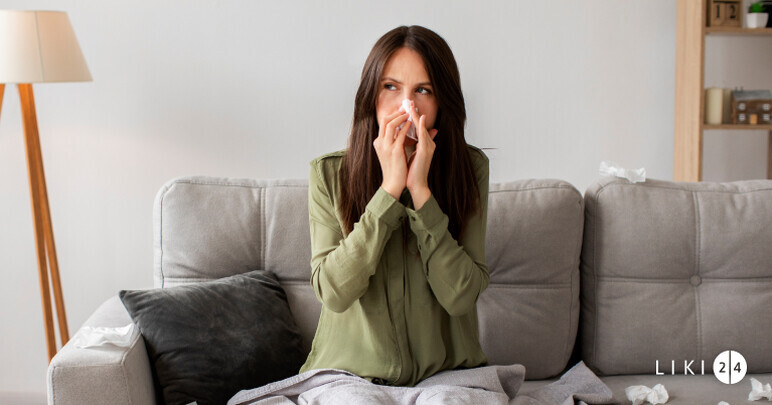

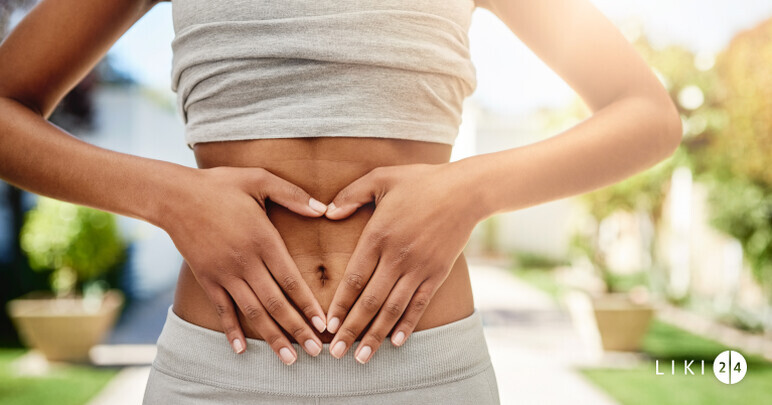
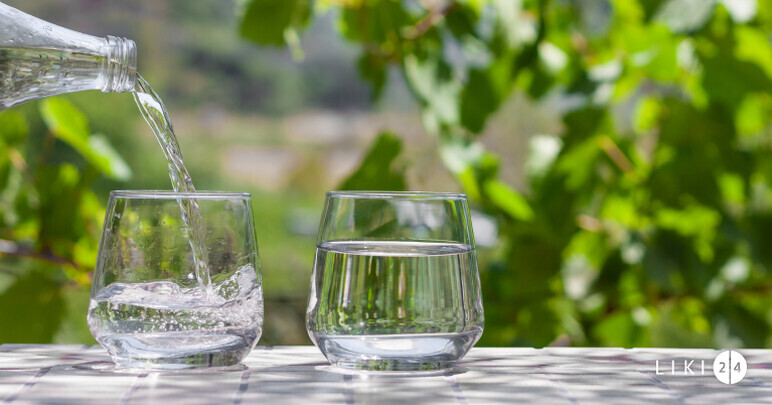
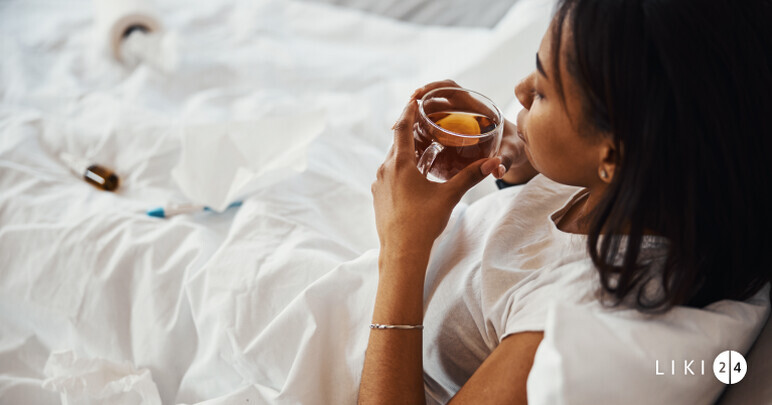
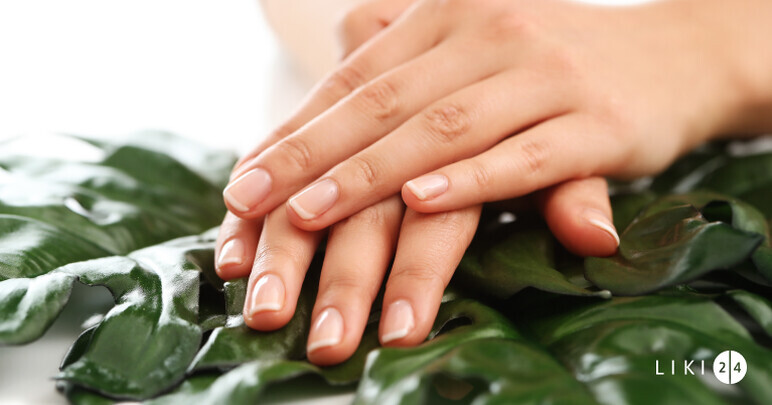


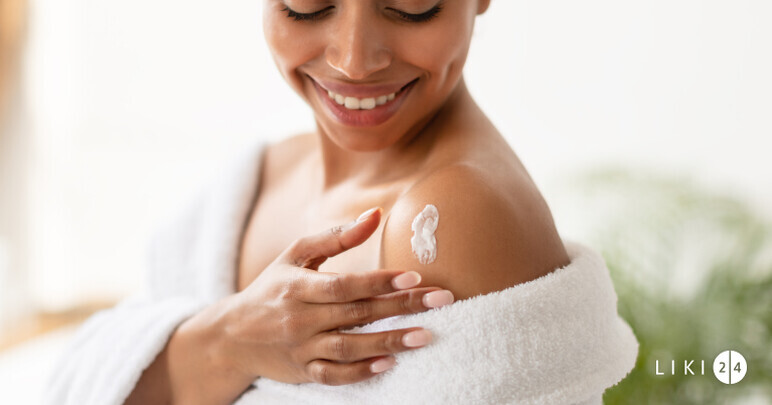
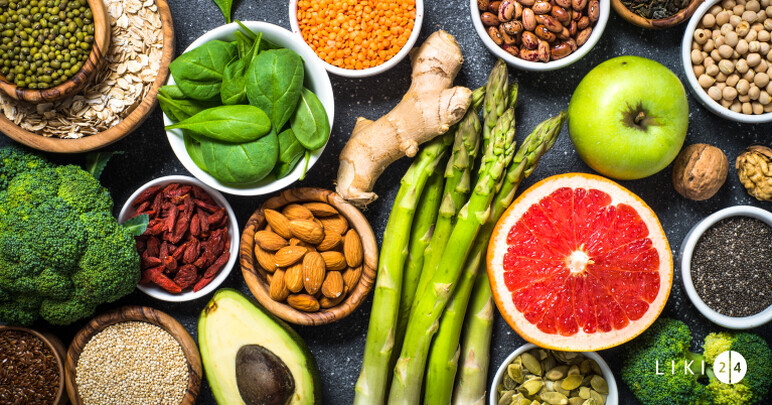





















 Beschrijving
Beschrijving 






